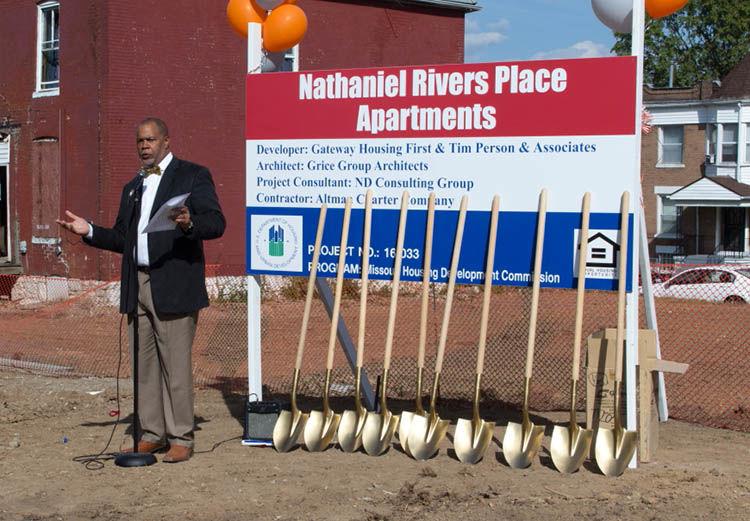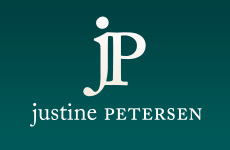From the St. Louis American

Equal Housing and Opportunity Council asks for $10M
By Rebecca Rivas

The City of St. Louis is bound by federal law to take steps towards desegregation, advocates told members of the Affordable Housing Commission at a January 6 meeting.
“As rents and land values in many parts of the city continue to climb, the needed increase in funding necessary to generate affordable housing opportunities will be costly,” said Glenn Burleigh, with the St. Louis Metropolitan Equal Housing and Opportunity Council (EHOC).
That’s why EHOC, Community Builders Network and other organizations called on the commission to request a minimum of $10 million in the upcoming budget year.
“The need is far greater, but an increase to a minimum of $10 million would show a commitment from the city towards making real progress towards the kind of funding necessary to tackle this growing problem,” Burleigh told commissioners.
Four days later, Mayor Lyda Krewson released a statement that she had increased the budget for the Affordable Housing Trust Fund, which the commission oversees, from $5.76 million to $6.6 million in 2020.
“Everything about who we are and who we become begins at home,” Krewson said. “That’s why we must ensure access to safe, affordable, and decent housing.”
The increase funding comes from the unallocated tax revenue that resulted from passing Prop 1 in 2017 – a half-cent sales tax increase for a North-South light rail extension, public safety cameras, and neighborhood development. A local-use tax automatically increases when the sales tax does, and that increase generates an additional $4 million a year. Since city voters rejected funding a new soccer stadium with this money, the $4 million was left unallocated.
Two years ago, Burleigh and advocates urged a $7-million allotment for the fund. Now they have finally gotten near that, but data shows that the need for affordable housing has grown even in the last two years, he said.
Affordable housing has long been underfunded in St. Louis. In 2002, city voters approved a proposition to allocate the use tax revenue for affordable housing, public health, public safety, and neighborhood preservation. The Board of Aldermen established that $5 million would go towards affordable housing, $5 million to public health and $3 million for building demolition. The remaining amount could be used as the aldermen see fit.
However, since 2013, the St. Louis Metropolitan Police Department has received about $10 million of the use tax revenue every year, while the Affordable Housing Trust Fund was underfunded, only receiving between $4 and $4.5 million.
In total, the use tax fund for budget year 2020 is $37.7 million, and the largest portion — $11.23 million — will go to the police department, according to budget documents.
At the January 6 commission meeting, commissioners announced the grant recipients for this year. The increased funding allowed the commission to award funding to 48 community programs and six housing developments, which is double the number of housing construction proposals the commission was able to fund in 2019, Krewson said.
The housing developments include three single-family home construction projects by Habitat for Humanity and three rental housing projects. With a nearly $2 million contribution from the Trust Fund, the total cost of the six projects is valued at $25.6 million, according to Krewson’s statement. The projects will help create 19 affordable, single-family homes that will be sold to low and moderate-income families, 100 affordable rental homes, and 15 market-rate apartments, she said.
Some of the other community programs and services receiving funding include: Justine Petersen, Places for People, St. Patrick Center, Peter & Paul Community Services, Inc., Employment Connection, Rebuilding Together St. Louis, Mission: St. Louis, ArchCity Defenders, and Biddle Housing Opportunities Center.
The programs work citywide to address housing-related issues like tenants’ rights, education, and counseling, foreclosure prevention, neighborhood stabilization, rent, mortgage, and utility assistance, and critical home repairs. Some also work in conjunction with the city’s Department of Human Services to provide shelter and transitional housing and serve at-risk and/or chronically homeless veterans, individuals, and families.
“These programs build human potential and forge new opportunities for individuals and their families,” Krewson said. “Together, with funds from the Affordable Housing Commission, our partners are helping us solve affordable housing problems that cannot be solely addressed by the city or the private market.”

